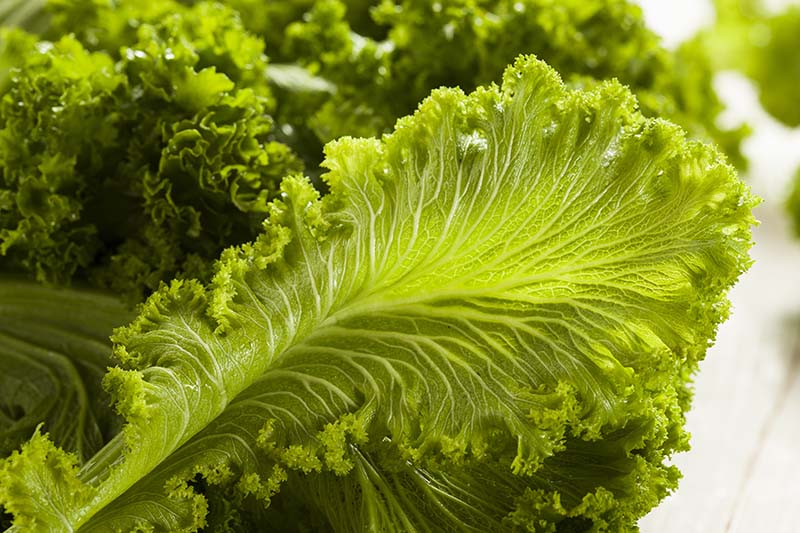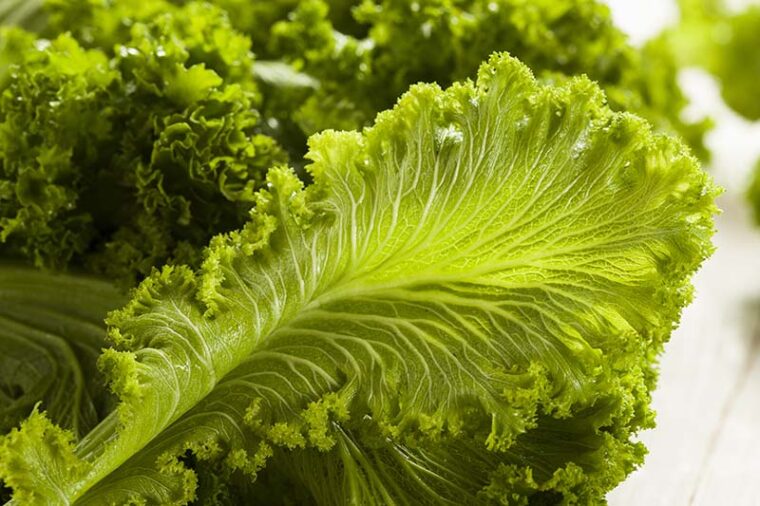- August 4, 2023
Can Guinea Pigs Eat Mustard Greens? Vet Approved Facts & FAQ



The information is current and up-to-date in accordance with the latest veterinarian research.
To keep your Guinea Pig healthy, it’s important to feed the right diet. Guinea Pigs require a plant-based diet, including a variety of safe vegetables that provide vital nutrients like fiber and Vitamin C. Mustard greens are one vegetable that Guinea Pigs can eat, but they may not be appropriate for animals with certain health conditions.
In this article, you’ll learn why mustard greens are a healthy choice for most Guinea Pigs. We’ll also discuss why some Guinea Pigs should avoid the vegetable. Finally, we’ll cover the basics of a Guinea Pig diet and how mustard greens fit into their daily meals.

Why Mustard Greens Are Healthy for Guinea Pigs
Like humans, Guinea Pigs can’t manufacture their own Vitamin C. To prevent Vitamin C deficiency, Guinea Pigs need to acquire this critical nutrient from their daily diet. Feeding vegetables high in Vitamin C is one way to provide your Guinea Pig with this key dietary requirement.
Raw mustard greens and other dark greens and red-, yellow-, or orange-colored vegetables all contain good amounts of Vitamin C. They’re also low in calories and fat. For maximum nutrition, Guinea Pigs should eat a rotating assortment of vegetables, and mustard greens are one of several options to consider.

Are Mustard Greens Okay for All Guinea Pigs to Eat?
Guinea pigs are prone to developing bladder stones, which typically develop from excess minerals. Some bladder stones are made of a mineral called calcium oxalate. Oxalates are found naturally in many foods, including vegetables.
If your Guinea Pig has bladder stones or is at risk of developing them, your veterinarian may suggest reducing or eliminating high oxalate foods. Mustard greens are considered a medium-oxalate vegetable and may not be appropriate for Guinea Pigs with bladder stones.
Check with your veterinarian to make sure it’s okay to give your Guinea Pig mustard greens. They can also tell you how much and how often to feed mustard greens.
Guinea Pig Diet: The Basics
Most of the Guinea Pig’s daily diet should be low-calcium hay, such as Timothy hay. You should provide unlimited quantities of hay each day; chewing hay keeps a Guinea Pig’s teeth worn down and their gut bacteria stable.
Besides hay, Guinea Pigs should eat about 1/8-1/4 cups of commercial pellet food each day. A diet fortified with Vitamin C and free of nuts, seeds, or artificial ingredients is ideal.
Vegetables are the final food item that Guinea Pigs should be offered daily. A cup full of vegetables is recommended each day. As we mentioned, you should limit high-oxalate vegetables and choose those high in Vitamin C.
Besides mustard greens, here are some veggies to consider:
- Romaine lettuce
- Broccoli (occasionally)
- Carrot
- Butternut Squash
- Ripe Tomato
- Bell pepper
Fruit is high in sugar and should only be offered in limited quantities as a treat. Orange, apple, pear, and kiwi are all good options.
Wash all fruits and vegetables thoroughly before feeding, and introduce new foods slowly to prevent stomach upset and diarrhea. Provide your Guinea Pig with plenty of clean water and remove any uneaten fresh food daily.

Signs of Vitamin C Deficiency
Guinea pigs rely on proper levels of Vitamin C to maintain their gums, skin, and joints and for wound healing. Without enough Vitamin C, Guinea Pigs may struggle to fight off infections and diseases. They may also suffer from skin problems.
Common signs of Vitamin C deficiency include the following:
- Diarrhea
- Swollen feet and joints
- Ulcers on the gums and skin
- Trouble walking
- Loss of appetite
Contact your veterinarian if you notice these or other concerning health signs.

Conclusion
Most Guinea Pigs can eat mustard greens as part of a balanced diet, but you should check with your veterinarian first if your pet has bladder stones. Guinea pigs can get attached to their favorite foods when they’re young and have a hard time adjusting to diet changes later in life. To minimize this issue, provide a variety of vegetables, including mustard greens. Mixing the Guinea Pig’s daily vegetable offering into a “salad” also makes it harder for your pet to pick out preferred foods.
Featured Image Credit: Brent Hofacker, Shutterstock
Tags
What do you think?
Related Articles

New Puppy Checklist: Gear You’ll Need for Your New Dog
Getting a new puppy is really exciting, but before you welcome them home, it’s important to prepare your space for them. Since puppies need a

How Big Do Mini Poodles Get? Vet Reviewed Average Weight & Growth Chart – Dogster
The information is current and up-to-date in accordance with the latest veterinarian research. Learn more » When you buy a Miniature Poodle, you might not

Can Police Dogs Smell Nicotine? Vet Verified Facts & Info – Dogster
The information is current and up-to-date in accordance with the latest veterinarian research. Learn more » While cigarette sales have been declining steadily for decades,

How Old Is 5 in Dog Years? Vet-Approved Guide to Each Size of Dog – Dogster
The information is current and up-to-date in accordance with the latest veterinarian research. Learn more » A common method for calculating a dog’s age is

